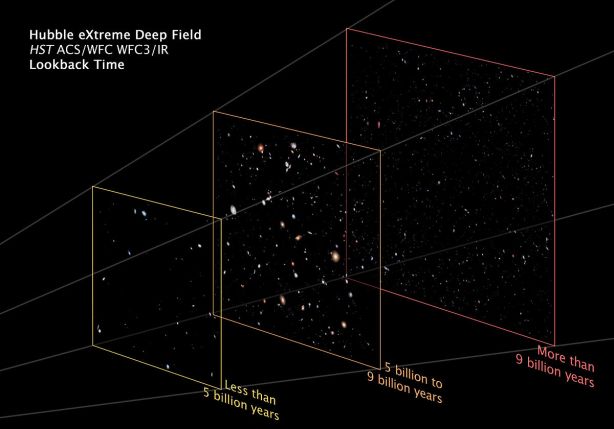
The BBC wants this to be all about the climate, but the study is also pushing the propaganda boat out a long way by claiming that ‘we’ are the cause. It’s known that the Earth’s rotation isn’t constant. ‘In 2022 the International Bureau of Weights and Measures (BIPM), the organization responsible for global timekeeping, voted to abolish leap seconds by 2035. How this new research could impact such a decision remains to be seen.’ Source – Scientific American, which also has this:
“Despite our perceptions as humans, the Earth is not a perfect timekeeper,” says Harvard University geophysicist Jerry X. Mitrovica, who reviewed the new study and co-wrote a commentary on it for Nature. He says these findings highlight the divide between our lived experience and the technology that surrounds us. “How do we handle that divide?” he says. “Do we continue to address this divide by adding or subtracting seconds from our definition of a day, or do we accept this irregular difference as normal and give up the bother of continuously correcting?” — If it’s normal, the human causation argument looks even weaker.
– – –
Climate change is affecting the speed of the Earth’s rotation and could impact how we keep time, a study says.
Accelerating melt from Greenland and Antarctica is adding extra water to the world’s seas, redistributing mass, reports BBC News.
That is very slightly slowing the Earth’s rotation. But the planet is still spinning faster than it used to.
The effect is that global timekeepers may need to subtract a second from our clocks later than would otherwise have been the case.
“Global warming is already affecting global timekeeping,” says the study, published in the journal Nature.
Coordinated Universal Time (UTC) – which is used by most of the world to regulate clocks and time – is calculated by the Earth’s rotation.
But the Earth’s rotation rate is not constant and can therefore have an effect on how long our days and nights are.
As a result, since the 1970s around 27 seconds – known as leap seconds – have been added on to keep our time accurate.
The study finds that a “negative leap second” – subtracting a second from world clocks – would have been needed in 2026 without accelerating polar ice melt.
But now, with ice sheets losing mass five times faster than they were 30 years ago, this change is needed in 2029, the study suggests.
“It’s kind of impressive, even to me, we’ve done something that measurably changes how fast the Earth rotates,” Duncan Agnew, the author of the study, told NBC News. [Talkshop comment – ‘we’?]
Full report here.

























